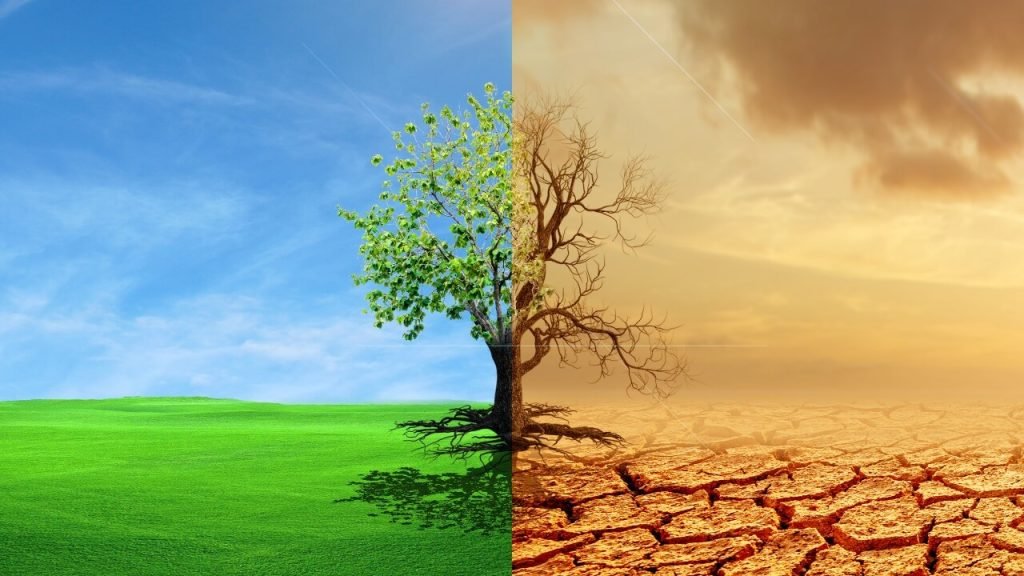Climate Change: The impact on insurance and way forward

Climate change, the challenges ahead for insurance companies.
Climate change is one of the biggest challenges of our time, affecting every aspect of our lives. As the planet warms, we are experiencing more frequent and severe natural disasters, such as floods, hurricanes, wildfires, and droughts. These events are not only causing immense damage to our environment and infrastructure but are also posing significant financial risks to businesses and individuals. In this blog, we will explore the impact of climate change on insurance and discuss how the industry is responding to these challenges.
The Impact of Climate Change
The insurance industry is built on the principles of risk management. Insurers provide coverage to individuals and businesses in exchange for premiums, which are based on the likelihood of a specific event occurring, such as a car accident or a fire. As the climate changes, the frequency and severity of natural disasters are increasing, making it more challenging for insurers to manage their risks. For instance, the number of weather-related catastrophe events has tripled since the 1980s, and the cost of these events has also increased substantially.
The impact of climate change on the insurance industry can be seen in several ways. Firstly, insurers are facing higher losses due to the increase in frequency and severity of natural disasters. Secondly, they are finding it challenging to accurately assess the risks associated with climate change, such as the likelihood of a flood or a wildfire occurring in a specific location. Thirdly, insurers are facing increased regulatory pressure to provide coverage for climate-related risks, which can be costly.
Insurance companies are also facing reputational risks if they fail to address the impact of climate change. Investors and customers are becoming more aware of the environmental risks associated with their investments and are increasingly looking to invest in companies that are taking steps to mitigate their impact on the environment. As such, insurers that are perceived to be ignoring the impact of climate change risk losing customers and investors.
Response from the Industry
The insurance industry is aware of the challenges posed by climate change and is taking steps to address them. Here are some of the ways insurers are responding to the impact of climate change:
Insurers investing in technology: and research to improve their understanding of climate-related risks. For instance, they are using satellite imagery and weather data to better predict the likelihood of natural disasters. They are also working with climate scientists to better understand the impact of climate change on specific regions and industries.
Developing products and services: Insurers are developing new products and services to help customers manage their climate-related risks. For instance, they are offering coverage for flood damage, which was previously excluded from many policies. They are also offering parametric insurance, which pays out a predetermined amount when a specific event, such as a hurricane or a drought, occurs.
Promoting sustainable practices: Insurers are encouraging their customers to adopt sustainable practices to reduce their environmental impact. For instance, they are offering discounts to customers who install energy-efficient appliances or solar panels. They are also investing in companies that are working to reduce their carbon footprint.
Collaborating with other stakeholders: Insurers are collaborating with governments, NGOs, and other stakeholders to address the impact of climate change. For instance, they are working with policymakers to develop regulations that promote sustainable practices. They are also partnering with NGOs to support conservation and reforestation efforts.
In conclusion
Climate change is one of the biggest challenges facing our society today, and the insurance industry is not immune to its impact. Insurers are facing higher losses due to the increase in frequency and severity of natural disasters, and they are finding it challenging to accurately assess the risks associated with climate change. However, the industry is taking steps to address these challenges.

